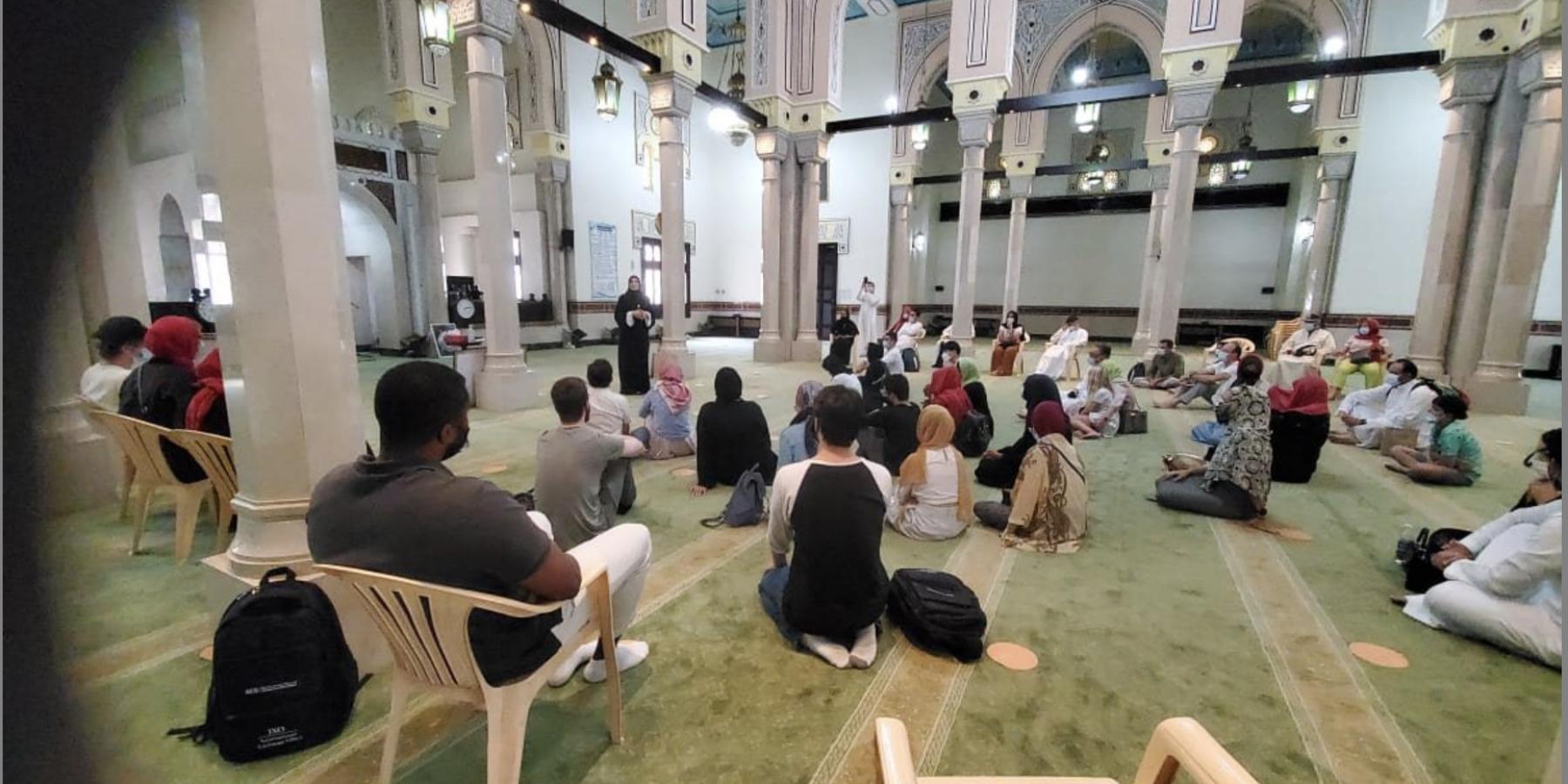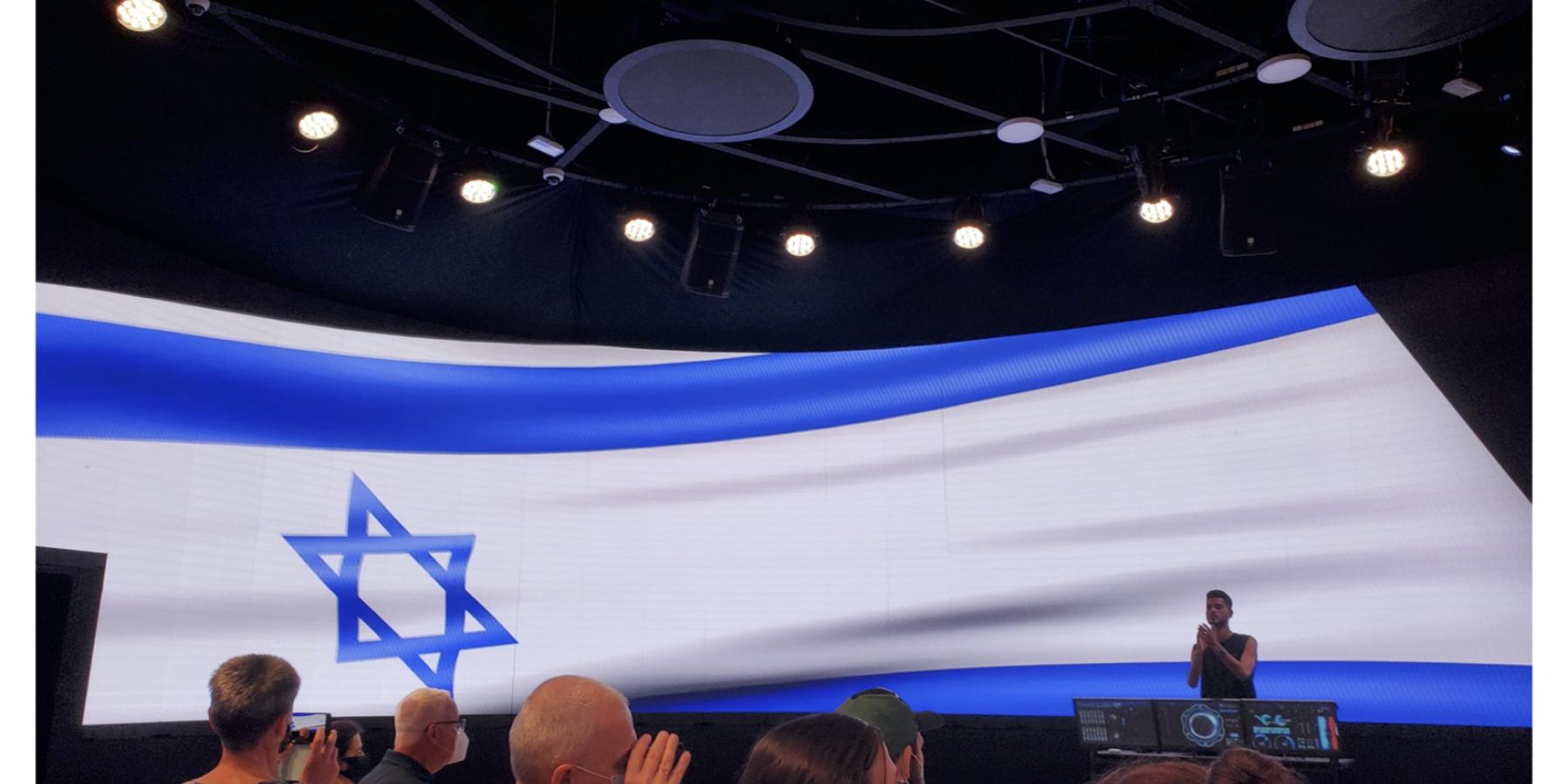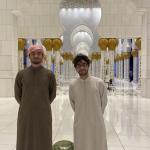Support
In the fall of 2020, several Arab countries normalised relations with Israel. This came as a shock at the time as rising tensions in Palestine caused mass protests in western countries. One of those countries was my study abroad destination, The United Arab Emirates. I decided to find out what the people of the Emirates thought about their government’s sudden shift in policy, especially for such an emotional issue. So I first set off to the three most populous emirates to the west of Jebel Al-Jais to interview people on this touchy subject.
On my arrival to Sharjah, the most socially and politically conservative emirate, I found that talking to anyone about any possibly controversial topic was not just a taboo, but could be illegal. I had known that insulting Islam or the government were serious crimes, but even the mention of normalization of relations to government professers made them look over their shoulders. I got a more complete picture of the situation when I befriended a girl who never followed the repressive dress code. The police and the sheikh’s security never charged her, as she was a member of the now enormous royal family. It was from her that I got my first interview about the normalisation of relations, saying “No, I do not think we should have done it, I do not like them [Israel], but you will not hear another emirati at this school say the same thing.” Over the months I spent in Sharjah, as my primary residence, I found that sentiment to be accurate. While I got the impression that many people did not like the government's decision, no emirati ever said to me that they disagreed with them.
The next stop was Dubai, easily the most famous and outwardly prosperous emirate. It was there, talking to students of the American University of Dubai that I found another opinion. Where Emiratis from Sharjah would more or less disagree with the normalisation of relations, most of the time students in Dubai said that it was about time to establish economic ties with Israel, in order for both countries to prosper. This was surprising at first, but after getting a better societal context it made sense. Dubai is by and large the international hub of the middle east,
being the financial capital of the region and the most diverse emirate. Establishing ties with the second largest economy in the middle east must have seemed like a long overdue decision. People here were generally less afraid to discuss the topic than in Sharjah, but occasionally I could tell that some people I talked to were not buying what they were selling.
The last stop, and last major emirate was Abu Dhabi, the capital of the emirates. While Sharjah and Dubai are close, and urban areas border each other, the two hours of desert between Dubai and Abu Dhabi must account for some of the difference I found. I was warned that cameras covered every square metre of the city and that people were generally more loving of the Sheikh and government. This must have contributed to what I discovered while talking to NYU Abu Dhabi students about the normalisation of relations. While the others ranged from slight disapproval to supporting economic ties, it was common to see israeli flags included among other Middle eastern ones. Even while meeting an Imam in the Sheikh Grand Zayed mosque I was told that Israel is not the enemy it once was. People generally thought that there should be economic ties, but I started hearing the opinion that there should be cultural ties as well. This went above and beyond what the government had previously mandated as public opinion.
The other four emirates ended up being most similar to Sharjah, but all of them combined are not nearly as powerful as the weakest of the big three. I originally planned to document these interviews in video, however, when I arrived and started looking around for a camera, I found out it was illegal to own one that was not attached to a phone. Getting people to consent to even a voice scrambled and silhouetted shot was totally out of the question. Even the ones whose opinions perfectly aligned with the government seemed worried that one day such evidence of their views would come back to bite them. I had to adapt to the hostile nature of opinion gathering but I ended up still learning a lot about how Emiratis think about that issue, and the diversity of thought both within, and between emirates.


